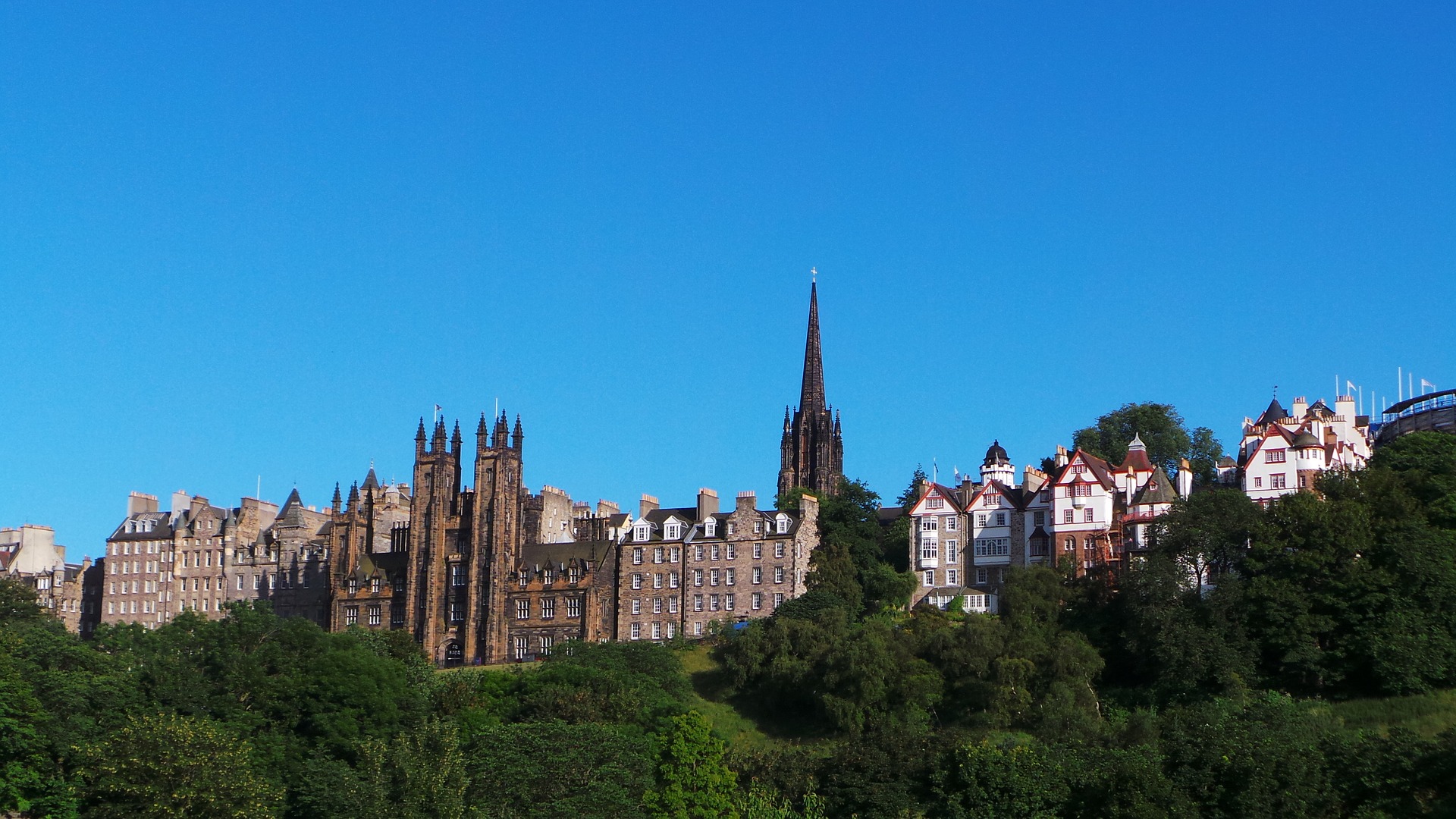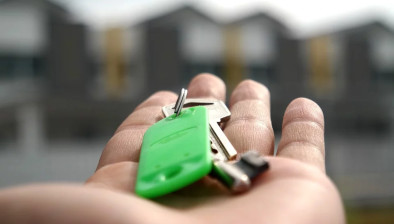Edinburgh rents drop amid shift to homeworking and decline in demand for Airbnbs
The move to homeworking and a decline in demand for short-stay Airbnb lets, as well as worries about Covid rates in urban areas, are thought to have contributed to rents plummetting in Edinburgh.

The city centre of Edinburgh recorded the second-highest percentage decrease in the UK, after London, with average monthly rents dropping by £125 last year, while the number of properties is said to have risen by 109%.
According to the latest data, there are currently 929 flats available for rent in the city centre, compared to 445 for the same month last year.
Average monthly rents have gone from £1,249 in quarter four of 2019 to £1,124 for the same period last year, with an annual decrease of 10%. In Glasgow city centre, the average monthly rent is now £894, compared to £914 last year.
Commenting on the figures, ESPC said the rise in homeworking and demands for more space was affecting the rental of one-bedroom properties, while estate agents have also seen an increase in the enquiries for properties outwith the city centre.
Housing officials at Edinburgh City Council said “it was no bad thing” that rents were becoming more affordable in the city with Scotland’s most expensive property market.
Research by Rightmove, involving 10 of the UK’S biggest cities, found there was an upwards shift in the number of tenants who currently live in a city enquiring about properties in the suburbs.
The biggest changes were seen in inner London and Edinburgh city centre, The Herald reports.
Nicky Lloyd, head of ESPC lettings, commented: “We are finding that one-bedroom rental flats in the centre of Edinburgh are being affected by Covid-19 restrictions over the past year and rise in homeworking.
“People are looking for more space within the property and outdoors, and living in the city centre is no longer an issue when many people are working from home. Whilst there’s not been a mass exodus to the country or outskirts of Edinburgh, we are seeing an increase in enquiries for the surrounding areas.”
Councillor Kate Campbell, housing convenor for Edinburgh City Council, added: “Edinburgh’s housing market has been the most expensive in Scotland for years and so it’s no bad thing that living in the city centre is becoming slightly more affordable.
“There’ll be a number of factors, and I’m sure one of them will be the high number of short-term lets which had been let out for significant profit now returning to the long-term housing market.
“But this is good news for Edinburgh. Our housing market needs to be more affordable so that people can afford to live, and work here. This will be good for our wider economy too.”
Professor John Lennon, director of Moffat Centre for Travel and Tourism Business at Glasgow Caledonian University, said the drop in international and domestic tourism had devastated commercial accommodation providers.
He said: “The collapse in visitor demand as we seek to contain infection worldwide has caused many former Airbnb properties to come back into the traditional rental market, creating increased supply and lower prices.
“An outcome that has been accentuated by less demand from students and transient workers, as our cities become less busy.”
New rules are due to come into force in April which could see landlords face a fine of up to £50,000 if they fail to obtain a licence for Airbnb-style short-term lets.
Tim Banniester, director of property for Rightmove, said the drop in city centre rent values is likely to be temporary. He added: ”The price premium that many tenants are usually willing to pay to have the vibrancy of a city centre on their doorstep has been tempered for now.
“This brings a challenge for some landlords but also an opportunity for tenants who may be able to make a longer term decision and move into a city centre now, perhaps on a two year tenancy agreement, at a more attractive rent than this time last year.
“There’s no doubt that higher rents will return once life goes back to some form of normality, but it will be the city centre properties with gardens and balconies that will be able to command the biggest premiums.”








